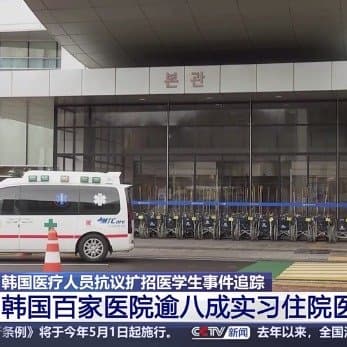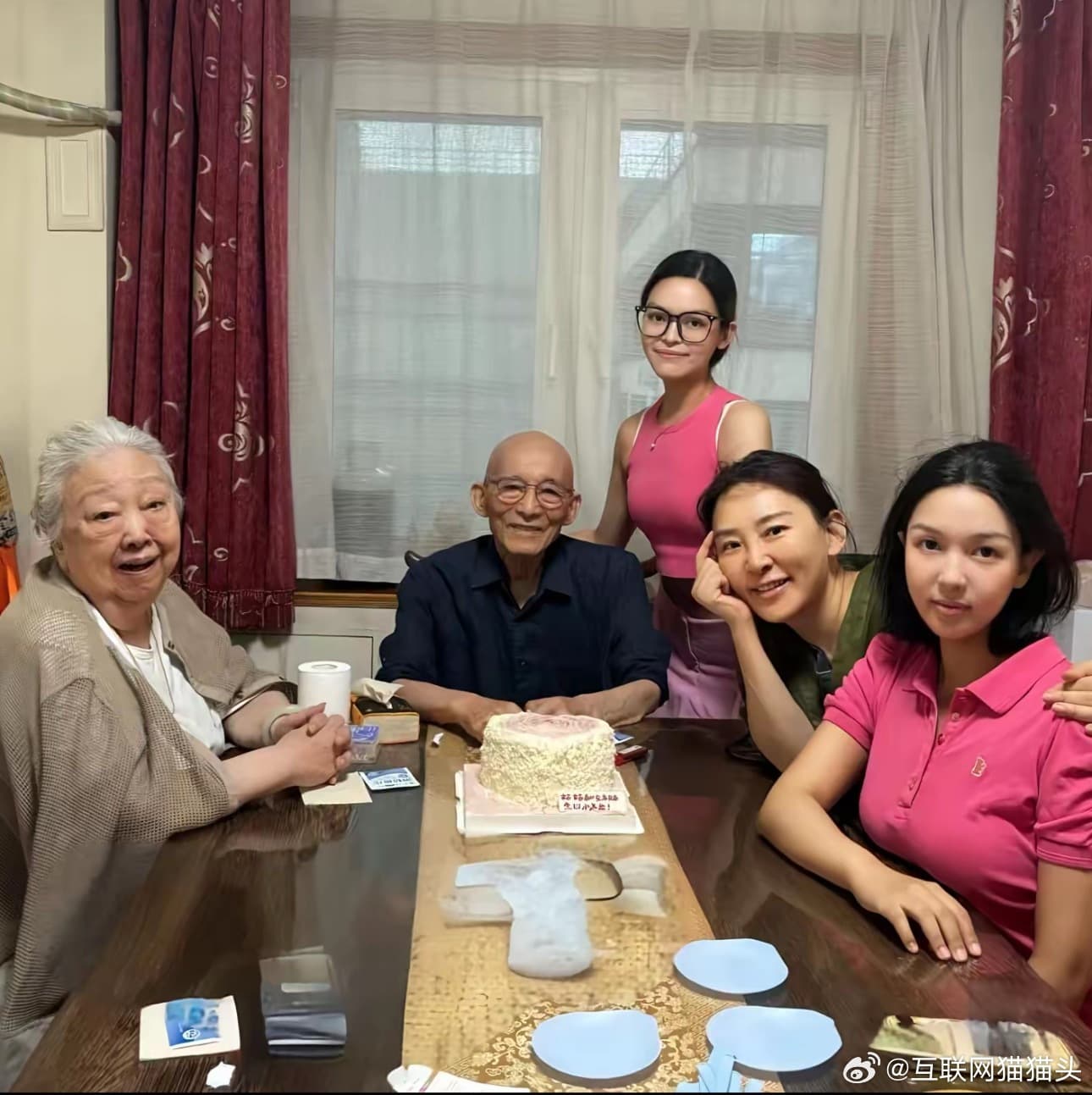South Korea's Healthcare Crisis: Mass Resignation of Medical Practitioners
South Korea's Healthcare Crisis: Mass Resignation of Medical Practitioners The healthcare system in South Korea has been thrown into turmoil following a wave of mass resignations among junior doctors, causing a state of emergency for the nation. The resignations, which began in late February, have seen over 16,000 medical interns and residents submit their letters of resignation, accounting for a staggering 80.5% of the total medical workforce.

27 February 2024
The ongoing crisis has resulted in some large-scale comprehensive hospitals being forced to turn away patients. In a chilling reminder of the seriousness of the situation, some critically ill patients have even lost their lives due to the delayed medical care. The mass resignations have been driven by the opposition of medical professionals to the government's policy of increasing the number of medical students.
The policy aims to address the shortage of doctors in the country, but the medical practitioners argue that the government's approach is flawed and will only serve to exacerbate the issue of oversupply in the medical sector. The South Korean government has defended its decision, emphasizing the importance of addressing the doctor shortages. However, its efforts have faced strong opposition from doctors and medical students alike. They argue that the existing medical system is already struggling to cope with the demands of providing adequate healthcare services for the population, and that simply increasing the number of medical students will not solve the underlying issue. Some critics have suggested that the real problem lies in the imbalance between the government's healthcare reform initiatives and the ability of the medical professionals to cope with the changes. The current crisis has highlighted the growing discontent among medical professionals, who are increasingly concerned about the future of the country's healthcare system.

As the crisis continues, policymakers and stakeholders in other countries are closely monitoring the situation, assessing the potential implications for their own healthcare systems. The issues raised by this crisis include labor disputes, doctor shortages, potential measures to address these issues, and the impact on patient care.
In response to the ongoing crisis, South Korea's government has announced plans to increase enrollment in medical schools. However, this policy has faced strong opposition from doctors and medical students who argue that it will lead to a decrease in the doctor qualification standards. The government has appointed nurses to fill the gaps left by the resigning doctors.

This move has been met with mixed reactions, with some praising the initiative as a necessary step in maintaining the stability of the healthcare system. Others, however, have criticized the government for its perceived lack of transparency and dialogue with medical professionals. Despite these concerns, the government has remained steadfast in its commitment to addressing the issues behind the medical practitioner resignations without making compromises. It has also emphasized the need for dialogue between the government and medical professionals to ensure that the concerns of those working in the sector are addressed. As the situation continues to unfold, social media platforms have been flooded with discussions and debates on the medical practitioner resignations, with users expressing their concerns about patient safety and the potential negative consequences for the healthcare system.
The South Korean healthcare system, which is widely regarded as one of the best in the world, is now facing its most significant challenge yet. The ongoing crisis has highlighted the importance of maintaining open lines of communication between the government and medical professionals, as well as the need for continuous investment in the development of the healthcare sector. In the coming weeks and months, it will become increasingly clear whether the government can find a resolution to this crisis that ensures the continued provision of quality healthcare services for the people of South Korea. Regardless of the outcome, this situation serves as a wake-up call for healthcare professionals around the world, demonstrating the importance of transparency and dialogue in ensuring the long-term viability of healthcare systems. The crisis also highlights the challenges faced by healthcare professionals, who are increasingly navigating high levels of pressure in their daily lives.

Ultimately, the solution to this crisis lies in finding a way to balance the need for more doctors with the concerns of those already working in the profession. As the debate rages on, it is clear that the stakes could not be higher, with the future of South Korea's healthcare system hanging in the balance.
Share this article
Related Articles

China’s “Ugly Hour” Push: Viral Hashtag Sparks Nationwide Call for 1‑3 a.m. Bedtimes and New Sleep‑Health Policies
By Trending on Weibo
Health
15 Sept 2025

Actress Tang Yan Named First Infant Respiratory Health Ambassador in China’s Nationwide “Good Breathing Protection” Campaign
By Trending on Weibo
Health
13 Sept 2025

Veteran Chinese Actor You Benchang’s Nursing‑Home Move Signals a Shift in China’s Attitude Toward Elder Care.
By Trending on Weibo
Health
9 Sept 2025
Viral Chinese Hashtag Raises Awareness of “Chemical Damage” Caused by Severe Diarrhea.
By Trending on Weibo
Health
4 Sept 2025
Viral “No‑Exercise” Weight‑Loss Hacks Sweep China: Seven Simple Habits Spark Debate
By Trending on Weibo
Health
2 Sept 2025